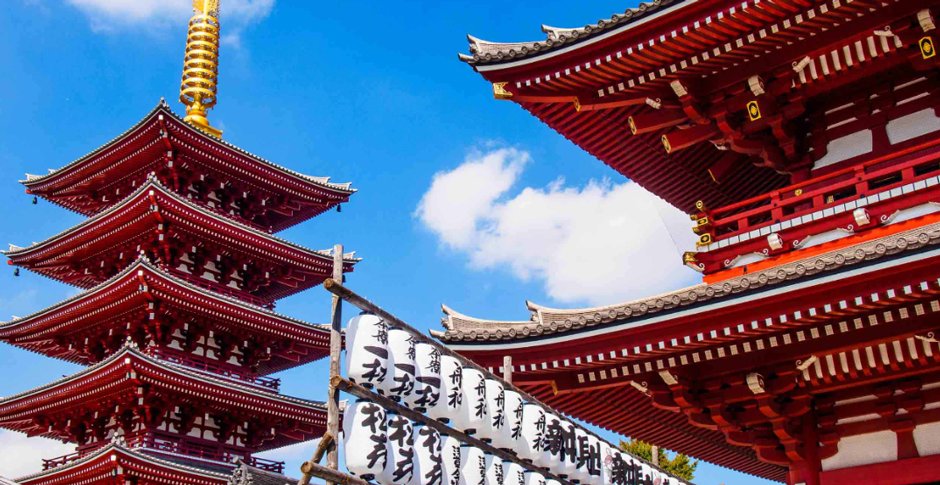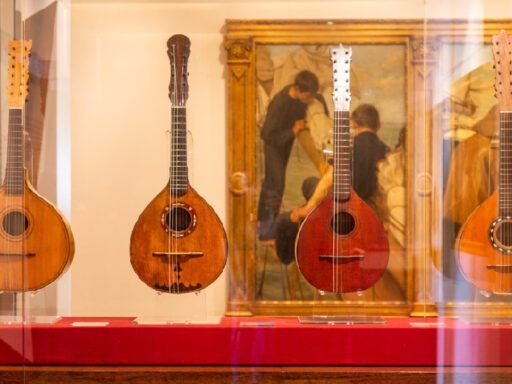As you step through the gates of a majestic temple in Japan, the scent of incense fills the air, and a sense of calmness washes over you. Visiting a temple in Japan is not just a tourist activity – it’s an event to immerse yourself in the country’s rich cultural heritage and connect with its spiritual traditions. In this article, you will study the seven best things to do when visiting a temple in Japan.
1. Bow Before the Gates
When you approach a Japanese temple, it’s customary to bow before the gates as a sign of respect. As you bow, take a moment to appreciate the architectural beauty of the gates, which often feature intricate designs and symbolize the transition from the mundane to the sacred. By participating, you demonstrate your understanding and respect for the local customs.
2. Purify Your Body
Before entering the main temple grounds, you’ll often find a purification fountain or basin called “chozuya” or “temizuya.” When you see it, take a ladle, scoop water, and rinse your hands to cleanse yourself physically and symbolically. Begin by washing your left hand, then your right, followed by rinsing your mouth with the remaining water.
Remember, this purification ritual represents a purification of the body and mind, allowing you to approach the temple with a sense of reverence and purity.
3. Don’t Tread on the Path of the Gods
These paths, often made of stones or gravel, symbolize the journey to the divine. Treading on them is seen as disrespectful because it’s believed the gods use these paths.
To show reverence, stick to the designated walkways. This simple act demonstrates your respect for the spiritual significance of the temple grounds.
4. Make an Offering
Offerings play a significant role in Japanese temple customs. Before entering the main hall, you’ll find a place to make an offering. This isn’t about the monetary value but the sincerity behind the gesture.
Typically, a small amount of money is placed in the offering box. This symbolic act shows your appreciation for the spiritual experience and supports the temple’s upkeep.
5. Light Incense
Lighting incense is a way to purify oneself before entering the sacred space. That being said, approach the incense burner, bow slightly, and then fan the scented smoke towards yourself as a symbolic cleansing. This ritual signifies a transition from the mundane to the sacred. Take a moment to inhale the fragrance, allowing it to center your mind and create a serene atmosphere for your temple visit.
6. Say a Prayer
When you visit a temple in Japan, take a moment to say a prayer. Find a quiet spot, bow your head, and express your thoughts, wishes, or gratitude. It doesn’t need to be elaborate; sincerity is key.
Remember to follow the temple’s specific customs – some may involve clapping or ringing a bell before or after your prayer. Engaging in this spiritual practice connects you with the temple’s energy and offers a personal connection to the divine.
7. Protect Yourself with Omamori
Omamori, amulets or charms, are powerful tokens of protection and luck commonly found in Japanese temples, and purchasing them is a customary practice.
To do that, select an omamori that aligns with your needs and carry it with you. Remember, they are not meant to be opened, as doing so is said to dissipate their protective energy. By acquiring and keeping an omamori, you invite positive energy and a sense of well-being into your life.
Have a Respectful Temple Visit in Japan
For a truly meaningful and respectful temple visit in Japan, following these seven best practices is essential. By doing so, you will not only enhance your own experience but also show reverence for the centuries-old traditions of Japan.
So, plan your temple visits and explore more about Japan’s cultural treasures by visiting Japan Traveller Guide. You can find comprehensive travel information, tips, and recommendations to make your journey in Japan unforgettable.






